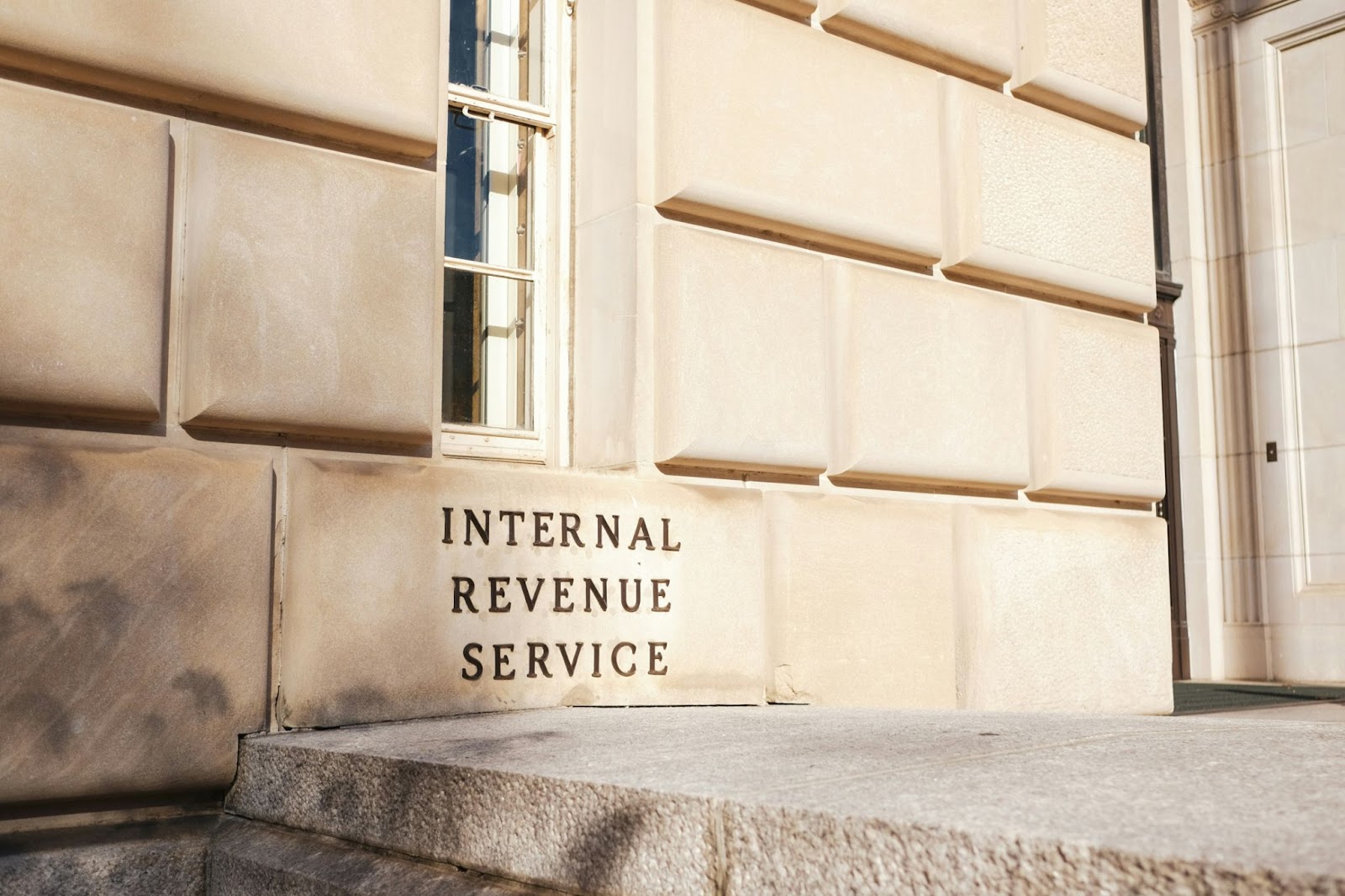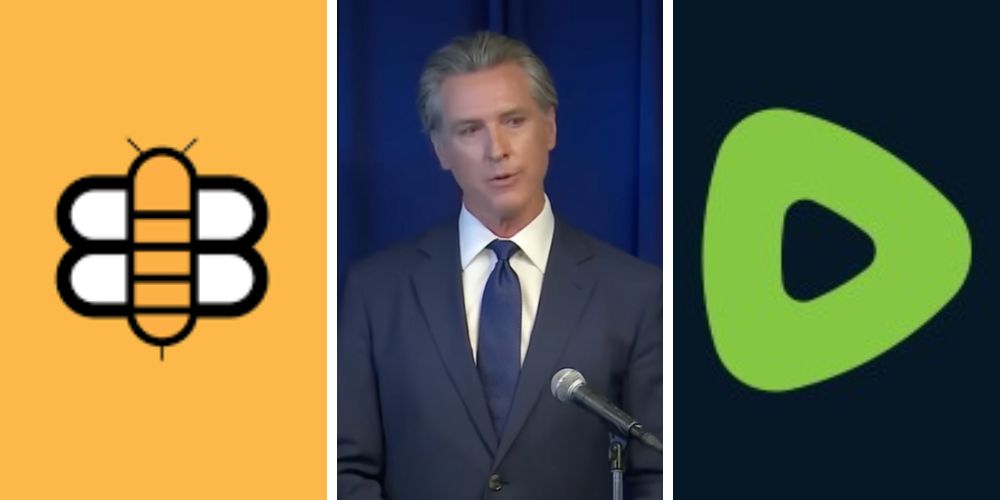
A provision in the Johnson Amendment of 1954 to the US tax code that prohibits religious tax-exempt organizations from endorsing political candidates has been found unconstitutional as a result of a lawsuit filed by the National Religious Broadcasters and Intercessors for America against the Internal Revenue Service (IRS).
Both parties came to a consent judgment expressed in a joint filing on July 7 through the US District Court of Eastern Texas Tyler Division.
The plaintiffs asked the court “to enter declaratory relief that the Johnson Amendment unconstitutionally prohibits § 501(c)(3) organizations from engaging in political speech and injunctive relief to prohibit enforcement of the Johnson Amendment insofar as it operates to prohibit political speech.”
The judgment stated that a religious group does not involve itself in a campaign through political speech.
“When a house of worship in good faith speaks to its congregation, through its customary channels of communication on matters of faith in connection with religious services, concerning electoral politics viewed through the lens of religious faith, it neither ‘participate[s]’ nor ‘intervene[s]’ in a ‘political campaign,’ within the ordinary meaning of those words.”
Political endorsements made by houses of worship are likened to “family discussions” about candidates, according to the judgment, thereby clarifying that tax-exempt religious organizations are free to make statements of political endorsement.
“Bona fide communications internal to a house of worship, between the house of worship and its congregation, in connection with religious services, do neither of those things, any more than does a family discussion concerning candidates,” the parties agreed. “Thus, communications from a house of worship to its congregation in connection with religious services through its usual channels of communication on matters of faith do not run afoul of the Johnson Amendment as properly interpreted.”
However, the judgment does not apply to all tax-exempt organizations. According to NBC News, the plaintiffs “agreed to drop their constitutionality claims against the amendment as a whole, so it would still apply to other 501(c)(3) tax exempt organizations, including charities and universities.”
Despite the findings of the joint decision, the IRS notably has a record of not strictly enforcing the Johnson Amendment. No action has been set in motion by the US Congress to remove the Johnson Amendment. However, President Trump, during his first term, declared that he would “destroy” the amendment.
“I will get rid of and totally destroy the Johnson Amendment and allow our representatives of faith to speak freely and without fear of retribution,” Trump said during a National Prayer Breakfast in 2017.












